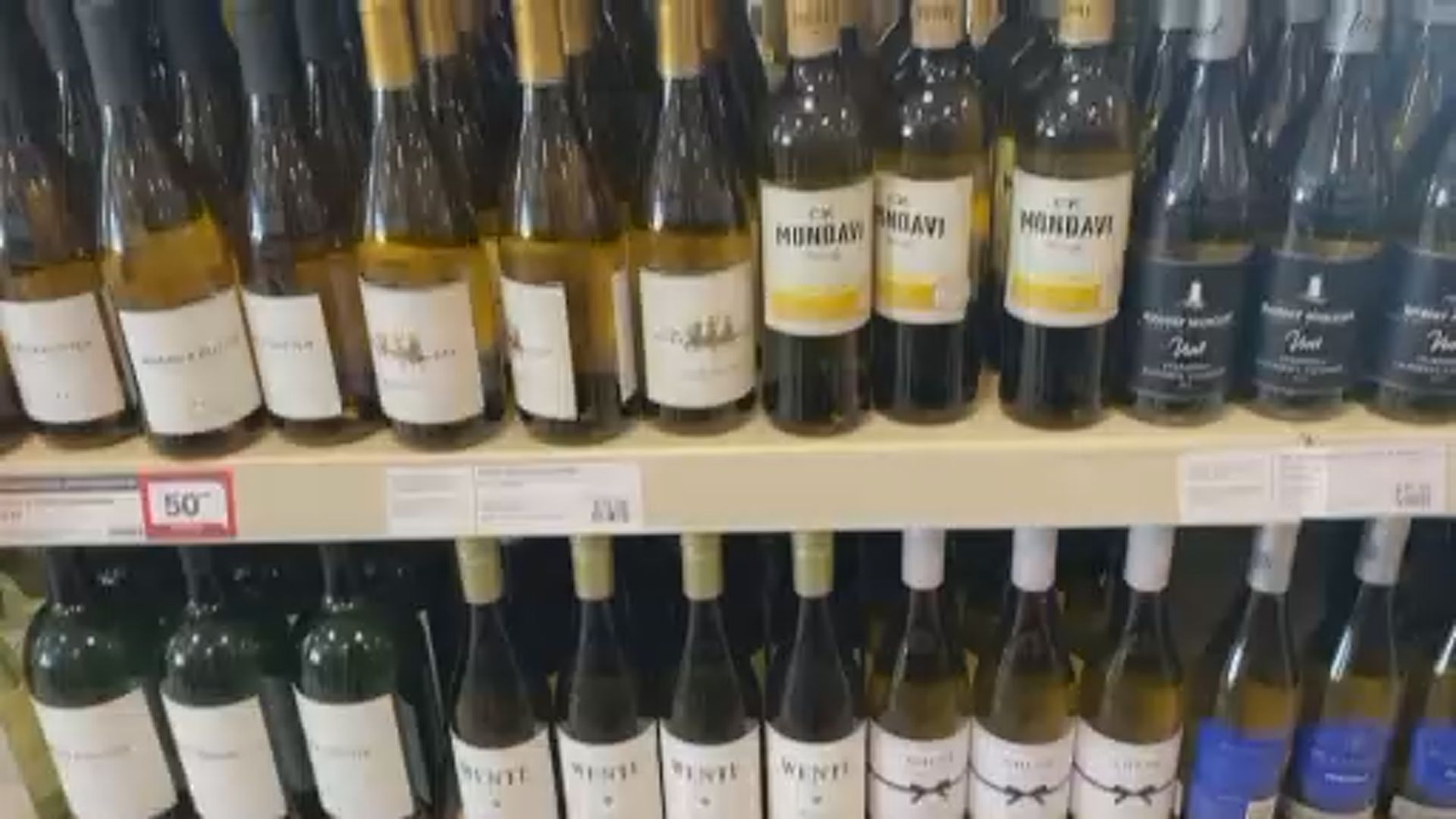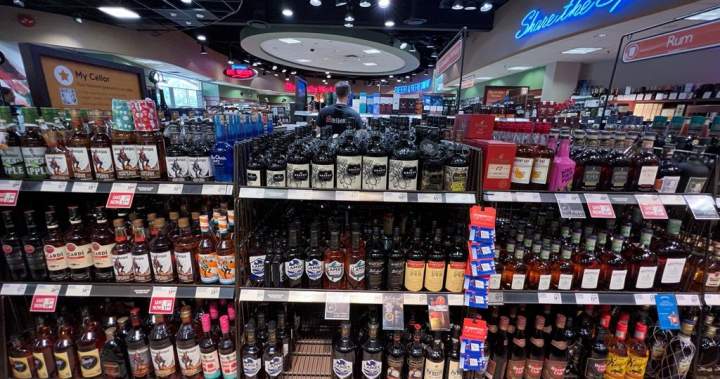Descrease article font size
Increase article font size
Producers in B.C.’s food and beverage sector say they are frustrated that alcohol was excluded from a new national agreement aimed at reducing interprovincial trade barriers.

The Canadian Mutual Recognition Agreement was signed this week by governments across the country, allowing goods approved in one province be sold in another starting in December.
The agreement will apply to the sale of thousands of products ranging from manufacturing inputs and health technologies to clothing, toys, industrial products, tires and vehicles.
Alcohol, however, was excluded and is being dealt with separately through a memorandum of understanding among provinces.
James Donaldson, CEO of B.C. Food and Beverage, told Global News the alcohol file has been stalled for years despite repeated advocacy.

Get daily National news
Get the day’s top news, political, economic, and current affairs headlines, delivered to your inbox once a day.
“It’s been talked about for a really long time,” he said.
Story continues below advertisement
Donaldson said many beverage producers expected the change sooner.
“We certainly have a lot of members in the wine space who are obviously still frustrated because they think this should have happened by now,” he said. “It’s a little frustrating it hasn’t happened already.”
Donaldson pointed to taxation as one of the key points holding up freer trade in alcohol. “And the province is kind of understanding how to, sort of, distribute the taxes equitably,” he said.

5:33
B.C. producers frustrated over new provincial trade deal exclusion
Trending Now
-

JD Vance says Canada’s immigration ‘insanity’ caused lower living standards
-

Best tech gifts for gadget lovers who have everything
Economist Ryan Manucha with the C.D. Howe Institute told Global News alcohol was excluded from the Canadian Mutual Recognition Agreement because it remains financially significant for provinces.
“Not surprising, alcohol is a huge moneymaker for provinces,” he said. He added provinces are developing a plan for direct-to-consumer shipping: “By May 2-4 we should be able to order wine and beer and alcohol from wherever we want.”
Story continues below advertisement
Both say this week’s deal marks progress but leaves key barriers in place for wineries, distillers and other producers seeking wider domestic access.
More on Money
More videos
© 2025 Global News, a division of Corus Entertainment Inc.
